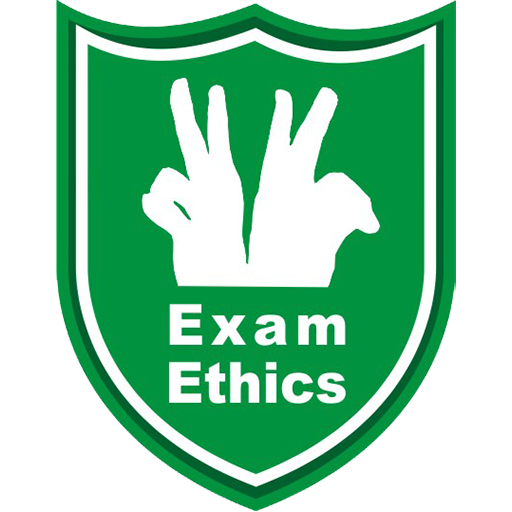This news was culled from The PUNCH Newspaper’s publication of May 19, 2022
ACCORDING to the United Nations Children Fund, UNICEF, Nigeria has 18.5 million out-of-school children, OSC, the highest number in the world and out of the figure, 10 million are girls.
The Chief of UNICEF Field Office in Kano, Rahama Farah, stated this at a media dialogue on Girls’ Education under the Girls’ Education Project 3, GEP 3 funded by the Foreign, Commonwealth and Development Office, FCDO and implemented by UNICEF. For those lucky to be in school, their condition is also not enviable given the situation of public schools in the country. Only recently, the Universal Basic Education Commission, UBEC, said 50 per cent of schools in Nigeria lack basic furniture.
The Executive Secretary of the commission, Hamid Bobboyi, said this in Abuja at a one-day Civil Society Organisations, CSO-Legislative Roundtable Meeting where some National and State Houses of Assembly members were present. According to him, emerging constraints in basic education delivery in the country may necessitate an increase in the consolidated revenue funds from the current two per cent to four per cent. He buttressed his position for an increase in funding on the security challenges bedeviling the country, insisting that rising student population also poses urgent need for teaching facilities.
Also speaking, the Chairman of, Senate Committee on Basic Education, represented by Senator Frank Ibezim, decried the failure of State Universal Basic Education Boards, SUBEBs, to sustain some UBEC-initiated projects such as classrooms and libraries earlier introduced by the commission in all constituencies in the country. While commending UBEC over the construction of classrooms in schools across the country, he lamented the poor maintenance culture, noting that there is no school in the country that does not have a dilapidated block.
A representative of MacArthur Foundation, Mr Dayo Olaoye, called on stakeholders to review the impact of the country’s annual budget on education, stressing that it was not enough that the country is increasing its budget to the sector. “As we think about reforms, let us think beyond buildings that have been delivered, let us start thinking about how many children have been brought to school,” he said.
If classrooms are dilapidated, and there are not enough furniture, what about teachers and the quality of the ones available? The Registrar, Teachers Registration Council of Nigeria, TRCN, Prof. Josiah Ajiboye, said there are over 300,000 unqualified teachers in the system. “Education is very important to be left in the hands of quacks and that is why at TRCN, we are stepping up efforts at ridding the system of unqualified hands. We implore teachers and their employers to take advantage of the various windows TRCN is providing to improve the quality of teachers in the country so as to get better results from our education system,” he said.
For the General Secretary of the Nigeria Union of Teachers, NUT, Dr Mike Ene, there is a need for better funding of the education sector. He noted that in many states, teachers are overwhelmed by the number of pupils and students they handle.
“In so many states, there is inadequacy of teachers. Some states have not recruited teachers in the last 10 years and yearly, teachers are leaving the system through retirement, resignation or even death. Worse hit by poor staffing are schools in the rural areas. Such schools are called hard-to-staff schools.”
It is in that regard that the welfare packages announced by the Federal Government are very much necessary,” he said.
Also speaking on the issue, the National President of the National Association of Parent-Teacher Association of Nigeria, NAPTAN, Alhaji Haruna Danjuma, decried the manner some state governments are implementing the Basic Education Policy of the government whereby pupils and students in primary and junior secondary schools are to enjoy free education and are given textbooks in some core subjects.
“Some states are not doing well in that respect. They have abandoned the programme. They are not funding education as it ought to be funded. Even counterpart funds that some states should put down to complement the funds from UBEC are not provided. Some states have even misused UBEC funds and are suspended from getting further grants.
“We are talking now about our tertiary institutions that are grounded by workers’ strikes, the basic education level, which is the foundation, is not faring better too. Something urgent must be done to redress the situation before the sector collapses finally,” he noted.









